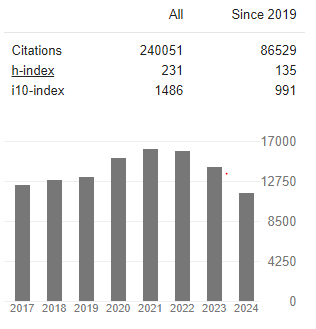Ascorbic Acid and Copper are Effective Cytotoxic Agents Against Metastastic Breast Carcinoma Cells
Abstract
Angelik Guzman, Yaritza Perez, Michael J Gonzalez, Jorge R Miranda-Massari, Neil H Riordan and Carlos M Ricart
Ascorbic acid (Vitamin C) has been proposed as a non-toxic agent against cancer due to its redox capacity. In addition, copper is known to be a cofactor in many of the metabolic reactions mediated by ascorbic acid is also part of the protocol. Based on this information, we hypothesize that copper may enhance the killing effect of ascorbic acid in different metastatic breast carcinoma (BRCa) cells. To test this hypothesis, we exposed pleural-metastatic and bone metastatic BRCa cells to low (0.5-1 mg/ml), moderate (0.25-1.0 mg/ml), and high (2.5-5.0 mg/ml) doses of ascorbic acid from 24 to 72 hours. We also exposed the cells to a combination of ascorbic acid and copper (10 mcg/ml) to assess the effect of copper in cell growth. Quantity of cells (cell number) was determined by the MTS Assay. Results showed that: 1) High doses of ascorbic acid resulted in variable growth characteristics in both pleural and bone metastatic BRCa cell lines, suggesting complex metabolic intracellular mechanisms (i.e recycling of ascorbate-dehydroascorbate in a closed system). The addition of copper did not affect the variable result obtained from using ascorbic acid alone. 2) Moderate doses of ascorbic acid without copper had only a small, non-statistical effect on the growth of pleural and bone metastatic BRCa cells. Addition of copper caused a net cell killing effect (p>0.05). 3) Low doses of ascorbic acid with or without copper had not net effect on the growth of both metastatic BRCa cells lines. We conclude that: Ascorbic acid can exert a dose dependent effect on metastatic BRCa cells and copper enhances the killing effect at moderate doses of ascorbic acid. These results suggest that ascorbic acid, in combination with copper, have a potential as therapeutic agents in cancer treatment. These findings need further investigation at the molecular, biochemical, cellular and clinical levels.



